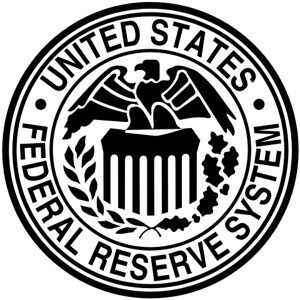According to the University of Michigan, inflation expectations index for 5-30 years reached a 12-year high of 3.2 percent. At the same time, the consumer sentiment index declined to 63.5, compared to a pre-pandemic high of 300. The deterioration in the situation of consumers is evident.

The official narrative is that inflation is under control. However, many tend to forget that reducing inflation from 9 to 5 percent is relatively easy. The challenge is to bring it back to 2 percent.
Inflation is a hidden tax. Governments always try to hide the loss of purchasing power or blame anyone but the only reason that causes most prices to rise at once: printing money well above the actual demand for it.
Continue reading Long Term Inflation Expectations Reach 12-Year High

